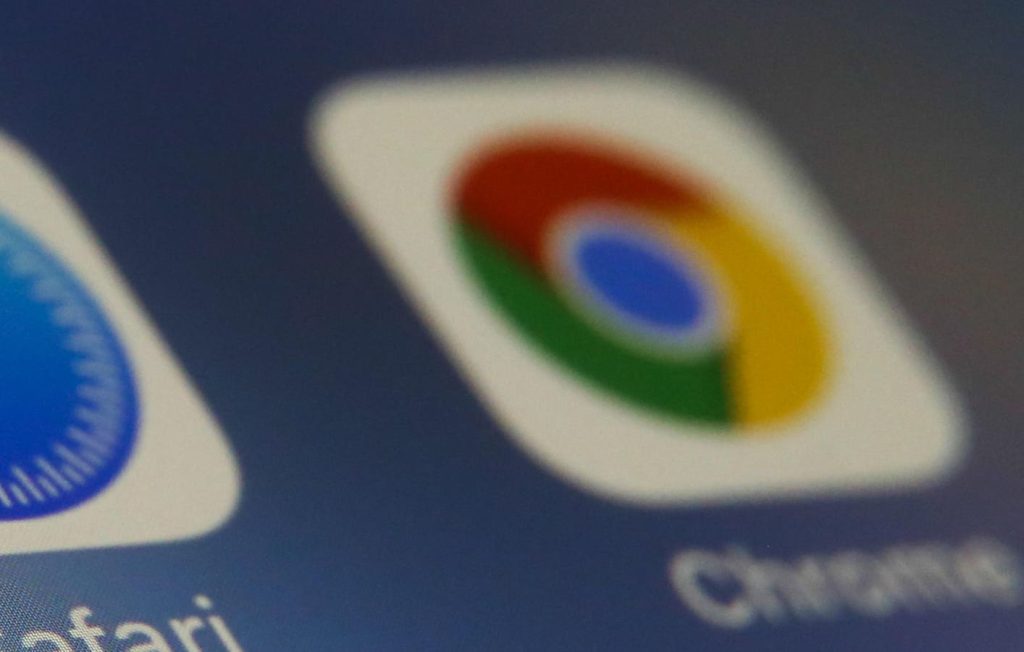New Chrome warning issued for 1.4 billion million Apple iPhone users
We all know relationships can be complicated, but few are quite as complicated as the one between Apple and Google. Cue Apple’s creepy new attack ad on Google—with a clear message for its 1.4 billion users—stop using Chrome on your iPhone.
So, why now? Google is on a mission to convert Safari users to Chrome. It currently relies on Safari to drive most search requests from iPhones—enabled by a financial arrangement between itself and Apple, whereby Google search is the default on Safari. But that arrangement could soon be curtailed by monopoly investigations in the US and Europe. And so Google is advancing Plan B.
Apple billboard in NYC
Chrome only has a 30% install base across iPhone users—Google’s target is to increase this to 50%, bringing another 300 million iPhone users inside its data tent. Apple obviously wants to stop this happening. Those 300 million pairs of eyeballs generate serious online revenue, and as search changes through the introduction of on-device AI, it will become a retention versus conversion battleground.
That’s why you may have seen Apple’s Safari privacy billboards popping up in the city where you live. What started as a local campaign in San Francisco has now gone global. And while the ads don’t mention Chrome, they don’t need to. Nothing else matters. Between them, Safari and Chrome enjoy a greater than 90% market share on mobile devices. And on iPhone, it’s a straight shootout between the two of them.
Privacy is Chrome’s Achille’s heel. Tracking cookies remain, with plans to phase them out already delayed as Google navigates an ongoing regulatory minefield. Chrome’s quasi-privacy mode is much less private than users assumed. And in recent days we have seen warnings that Google captures device data from Chrome users with a hidden setting that cannot be disabled.
Apple has just raised the stakes in this privacy battle with a new video ad that applies Hitchcock’s “The Birds” to smartphone privacy. It’s powerful and memorable and its message is clear. If you don’t want to be watched online, use Safari. Which means—very, very simply, if you don’t want to be watched online, don’t use Google Chrome. I have approached Google for any comments on the new ad.
Hitchcock’s ‘The Birds’
When The Birds was released in the 1960s, it was shocking and frightening and thought provoking. Its message was there’s a threat we don’t really see, but which is everywhere. As one character says in the movie: “Who are you? What are you? Where did you come from? I think you’re the cause of all of this. I think you’re evil.”
While there are suggestions in the video that this might be targeting Android users to bring them across to iPhone, that’s not the point. No users are going to ditch Android just to access a different browser, however punchy the ad. This is about keeping iPhone users within Apple’s walled garden. But even so, it might not be that simple.
The stark reality for Apple is that its users prefer Google Search. And Apple itself has reportedly found this to be better than alternatives. Echoes here of Apple dropping Google Maps some years ago and then having to u-turn. We can assume that even if Google is dropped as the default search on Safari, users will be able to set it manually.
The question then becomes does Google offer advanced AI search features on Chrome that are not available elsewhere. We know such moves have been considered if dismissed for now. But this browser battlefield is only just beginning. And while those 300 million Safari users remain Apple’s for now, watch this space…
